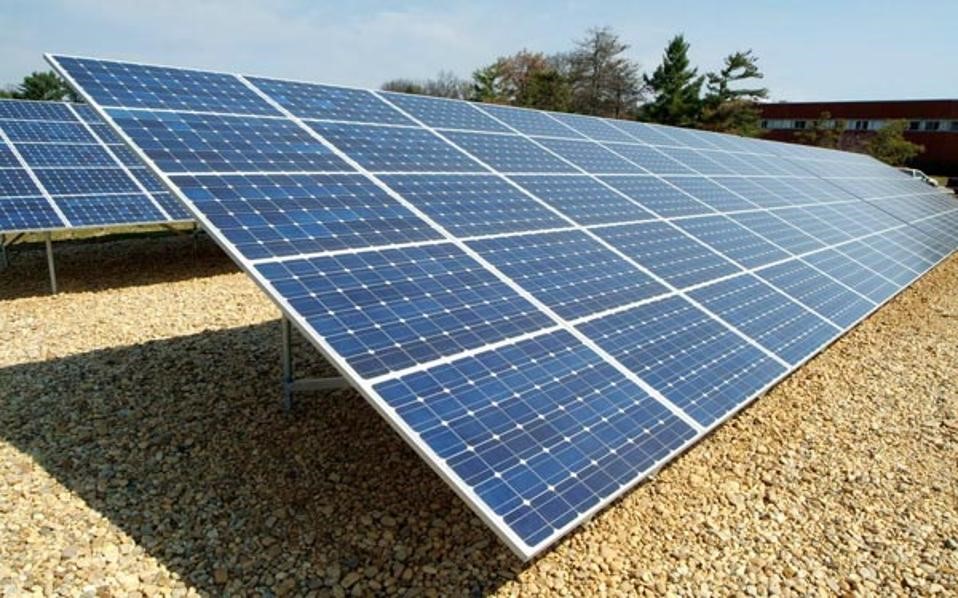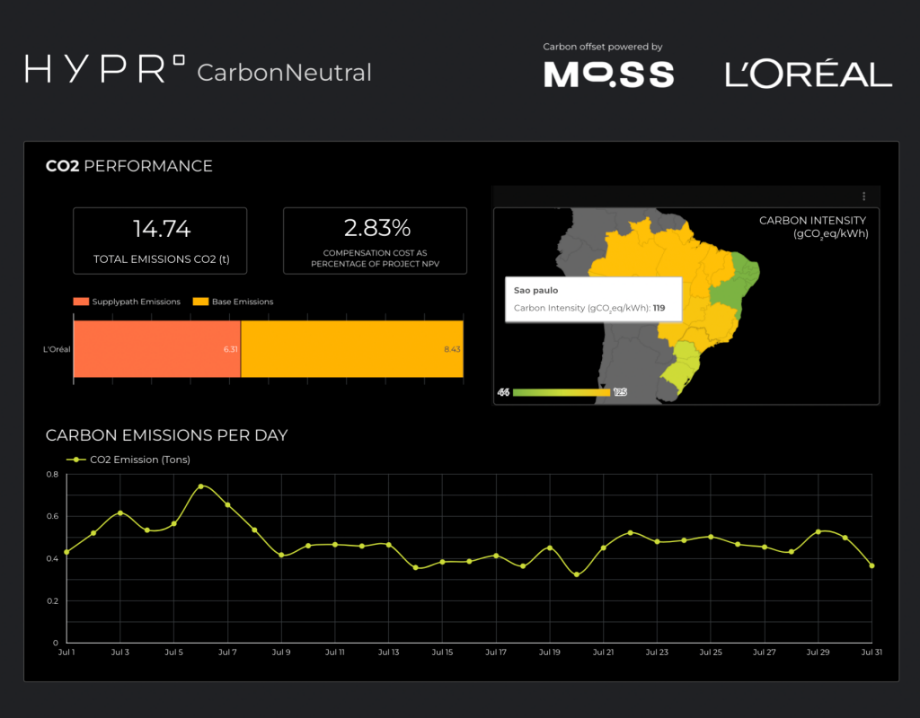The green transformation of the ICT sector is one of the ten key priorities of the European Commission so that it becomes climate neutral by 2030. Green transformation means greater energy efficiency for data centers and telecommunications, more material recycling, energy savings, and wider use of renewable energy sources.
According to the report of the Bank of Greece administrator, ICT and new digital technologies can contribute to a 20% reduction in global carbon emissions by 2030. The following digital technologies are considered of being capable to make a significant contribution to the carbon footprint reduction process in Greece:
- Smart grids and smart buildings will aim to increase energy efficiency and manage renewable energy.
- Intelligent transportation systems, such as real-time traffic flow management, improved public transport information, intelligent supply chains, or diagnostic systems for infrastructure maintenance.
- Industry 4.0 and manufacturing processes that use digital technologies such as big data, machine learning, the Internet of Things (IoT), and cloud computing to make the industry more connected, efficient and smart.
- Agriculture 4.0 and precision agriculture, with the aim of improving efficiency in the use of nitrogen fertilizers and in the management of livestock farms that will lead to increased productivity and reduced greenhouse gas emissions.
Besides contributing to more climate-friendly solutions and reduction of global energy consumption, ICT can mitigate climate change by reducing emissions in the ICT sector itself through the introduction of more energy-efficient equipment and networks. Towards this direction research and innovation is key for the transition to Green ICT through three main actions:
- Energy-efficient cloud computing
- Optimization of energy consumption of data centers
- Telecommunications and smart devices using renewable energy
Greece can exit the COVID-19 pandemic stronger, through the green recovery, investing mainly in the circular economy, energy savings, renewable energy sources, sustainable transport and clean technology, and creating green jobs. In this context, the utilization of the funds of the Recovery and Sustainability Mechanism can play a decisive role, as at least 37% of the available resources will be directed to actions related to the green transition.




